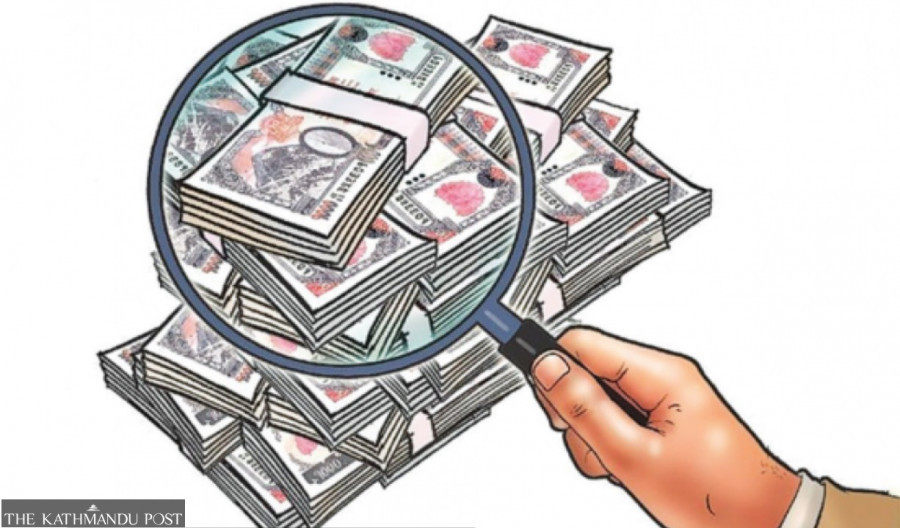Editorial
Pension and populism
The parties must rethink how long they can go on emptying the state coffers through cash handouts.
As the political parties sit down to discuss the formation of the next government now that all the votes have been counted, the question whether they will begin implementing their poll promises naturally arises. In the run-up to the elections, the parties promised many freebies ranging from lower eligibility age for the elderly allowance to free electricity and water. The Nepali Congress promised to cut the minimum age for the elderly allowance from 68 to 65 years, while the CPN-UML vowed to increase the allowances for all types of social security beneficiaries. The UML and the CPN (Unified Socialist) both promised up to 50 units of free electricity per month. Whether such promises could be fulfilled without unnecessarily burdening the state was not among their concerns as they fought tooth and nail for every vote. But now that the time to make good on their promises has come close, they will have to either betray the people or poke a big hole in the state’s coffers.
What is worrying is that people still believe such promises even when they understand that none of the major parties has worked to make social security their fundamental and inalienable right. Having failed to make long-term arrangements for social security when in power, the parties end up propagating economic populism at election-time. The state cannot go on bearing an additional financial burden arising out of the electoral stunts of thoughtless politicians. Partly as a result of the handouts, the country’s public debt stood at 41.5 percent of the Gross Domestic Product (GDP) in the fiscal year 2021-22, a steep rise from 30.3 percent in 2017-18. The politicians should realise that in the long run, there is no option to having sustainable social security schemes.
As the life expectancy of Nepalis continues to rise, lowering the minimum age for pension eligibility does not make sense, yet the political competition to do so continues. The KP Sharma Oli government had already burdened the state coffers by increasing social security allowances by 33 percent; the government led by Sher Bahadur Deuba that replaced the Oli government added to the burden by lowering the minimum age for old age allowances to 68 years from 70, costing the state coffers an extra Rs7.5 billion this fiscal year.
In India, there is a National Social Assistance Advisory Committee which deals with issues of social security allowances. A similar body is needed in Nepal to formulate a well thought-out policy to regulate the distribution of old age allowances, or a timely and justified review of the salaries of government employees for that matter. The state should make sure it upholds the vulnerable groups’ right to dignified living, but doling out cash is not the only way to go about it. The first thing to do is to ensure free quality healthcare, the most fundamental of social security measures for the elderly in particular. There is also a need to invest in infrastructures and institutions to ensure a universal minimum living standard for all so that the need to dole out cash randomly is removed.




 18.12°C Kathmandu
18.12°C Kathmandu














